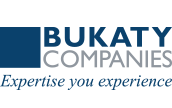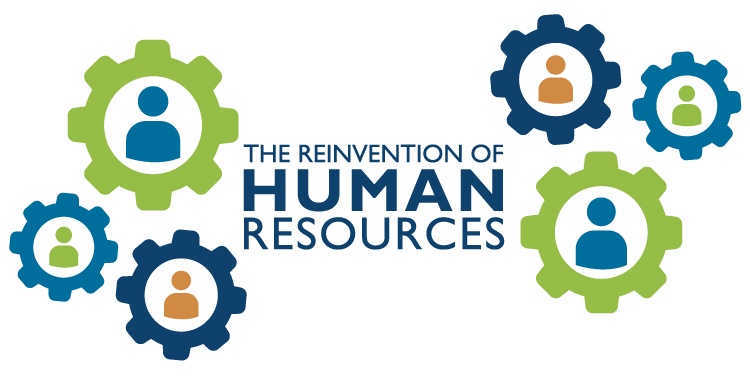The world of HR is an evolving industry, continuously adapting to keep pace with advancements in technology and fluctuating workforces. Today, millennials dominate the U.S. workforce and the expectation for more personal, streamlined processes has companies realizing inevitable changes are just around the corner. This union of technology, data analytics, and human interaction must strike a key balance for process proficiency without losing the personal touch employees today want and need.
Technology meets culture & values
- Recruiting strategies & tools: Employees today are taking a different approach than past applicants. They are more likely to discover a company on social media and care significantly more about the company’s culture and values. They value information and timeliness and will turn down a job based on a company’s reputation,
not recieving a timely reply, or not fully understanding the role. - Training methods: Old training methods don’t appeal to the younger generation. Employers need to update training platforms and develop systems that match preferred user experience (Example: YouTube videos vs. a course catalogue).
- Work environment: In some ways, technology has made work harder, not easier. On average U.S. workers spend 25% of their day reading or answering emails. Solutions today include working in smaller teams, new office designs with open floor plans, community sitting areas, and even coffee bars.
- Modernizing employee communications: Employees prefer mobile access to information and online processes that make HR tools easier to use such as an online benefits enrollment system, resources to provide suggestions on how to best utilize company-sponsored spending accounts, or a 401(k) app to help employees maximize ROI.
New processes meet new challenges
Although some adjustments may be an easy, harmless transition to meet changing employee expectations, other advancements pose more of a challenge.
Pros:
- Artificial intelligence & people analytics: In recruiting, the use of voice analytics helps companies improve their quality of hires and reduce time in filling positions. It also improves the candidate experience with around-the-clock availability and better facilitates engagement with applicants.
- Big data: The use of “big data” is radically altering how employers manage their workforce. This advancement in available information uses granular data to plug individual workers into algorithms to predict future job performance. This affects who is interviewed, hired, and even promoted. Big data can also analyze health data to evaluate a programs’ effectiveness and help determine benefits for improvement.
Cons:
- EEOC concerns: While these advancements may speed up the accuracy and efficiency of HR duties, experts recommend caution. While the intent is to utilize neutral data to make fairer decisions, employers must implement best practices to avoid potential run-ins with discrimination laws and ADA concerns if algorithms are based on inaccurate or biased data.
Aware of these potential changes, the EEOC is likely to narrow their focus on this area of enforcement in the future.
“Big data has the potential to drive innovations that reduce bias in employment decisions and help employers make better decisions in hiring, performance evaluations, and promotions,” said Jenny Yang, EEOC chairperson.
“At the same time, it is critical that these tools are designed to promote fairness and opportunity, so that reliance on these expanding sources of data does not create new barriers to opportunity.”
While this modern-day reinvention of HR aims to improve the employee experience and lifecycle, HR professionals should also proactively prepare for managing the effects of these technological changes and areas of EEOC concern.
Questions about these potential changes can be directed to Shirley Lind, CEBS, SPHR, who leads Bukaty Companies’ Human Resources division, at slind@bukaty.com.

